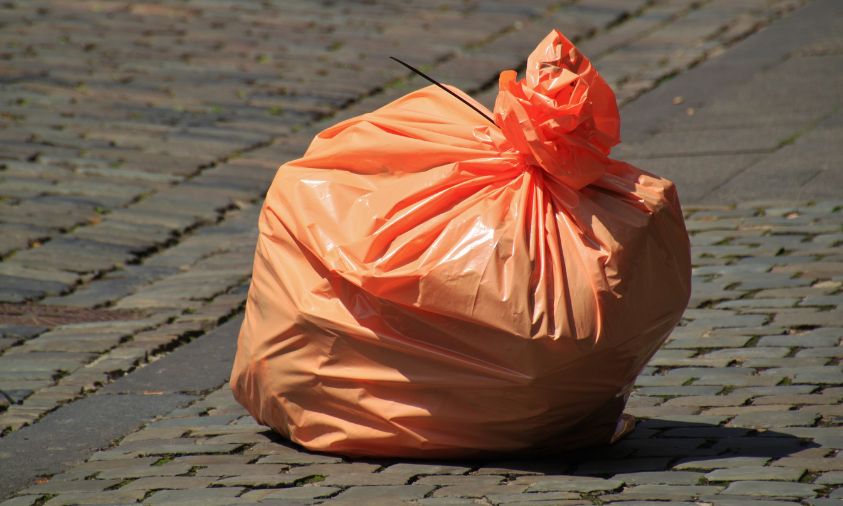Pollution is a common thing found in our world like a slow poison spreading in a body. It has many types ‘water, air, land, noise, light and plastic’. Among the many distastes in the world, plastic pollution is the largest and one of the most dangerous to us and wildlife [both flora and fauna]. It does away with a total of 1800000. That is between 400,000 and one million people [avg. 600000]; 700 species are affected by plastics; 1 million sea birds; 100,000 marine animals; 100000 species of plants and trees.
From the above stanza, we can understand that plastic is highly dangerous to man and beast alike. To stop the ravenous fall of life that we are experiencing now on earth we have to work together and think of ideas to halt the manufacturing of plastics. But saying is easier than doing as plastics almost contribute to a whopping $1 trillion each year, or 5% of total merchandise trade by UNCTAD [United Nations Conference on Trade and Development.]. A sudden halt can cause a crash in the economy and also daily comfortability as plastic is the main component from bags to lunch boxes to storage in our study table, pens, and pencil boxes to name a few.
So the only true way to stop or reduce plastic is to either reuse it or find alternatives for it. This is very easy to find for most things. To name a few:
- Bottles – Stainless Steel or copper
- Bag – jute, starch or cotton
- Cans – copper
- Pens – wooden or metal
- Cups – agriculture-based, leaves
These are easily found materials that we usually throw after use; they can also be reused again or exchanged with deposable plastic. But many things like engines, vacuum cleaners, ACs and many more run for years and years, so do not really need to be devoid of plastic as we can use them again. This brings us to the second we can reuse. Though not the main focus it is one of the best ways. Now spare plastics are melted down above roads as a plating to stop the seeping of water. This is only one example, and there are many.
Obviously, there are many alternatives to plastics, such as jute, cotton, metals, alloys, leaves, and many more; but in the end, we can never fully shut plastic or any cause of plastic completely but only reduce, reuse, and recycle [3Rs] or to simply to avoid as much as we can. Even though it is a good option we cannot just stop the production of plastic due to economic reasons so again the 3Rs is the best way to go forward until we find a perfect material for any job. Plastic is both a boon and a bane or to better put it, a double-edged sword for every good thing it cuts us back.

